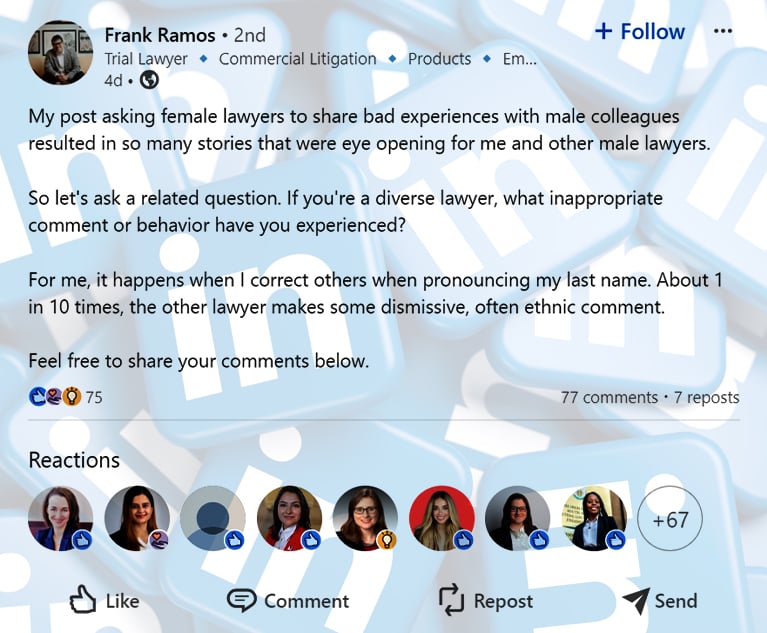Title III of the Americans with Disabilities Act (ADA) is designed to ensure that individuals with disabilities have equal access to the goods and services offered by a place of public accommodation. The law, however, has been susceptible to litigation abuse since its passage in 1990. Businesses, particularly those in Florida, California and New York, have long been the target of “drive-by” litigation (coined for lawsuits where the plaintiff does not actually patronize the business, but sues based on technical violations noted while driving by it). Drive-by lawsuits are often filed by serial plaintiffs and motivated by attorney fees, which are recoverable under the ADA, instead of the underlying merits.
Legislative efforts to reduce the number of “drive-by” suits have garnered support over the years, but have not been successful to date on the federal level. Earlier this year, the U.S. House of Representatives passed H.R. 620, known as the ADA Education and Reform Act. H.R. 620 would require that a business be given pre-suit notice of an alleged ADA violation and an opportunity to cure such violation before it could be held liable. The proposal, however, has met with some resistance. Advocates for the disabled argue that it would disincentivize businesses to take proactive steps to ensure access to their facilities. At this point, it appears the proposal may stall in the Senate.
State Law Reform
This content has been archived. It is available through our partners, LexisNexis® and Bloomberg Law.
To view this content, please continue to their sites.
Not a Lexis Subscriber?
Subscribe Now
Not a Bloomberg Law Subscriber?
Subscribe Now
LexisNexis® and Bloomberg Law are third party online distributors of the broad collection of current and archived versions of ALM's legal news publications. LexisNexis® and Bloomberg Law customers are able to access and use ALM's content, including content from the National Law Journal, The American Lawyer, Legaltech News, The New York Law Journal, and Corporate Counsel, as well as other sources of legal information.
For questions call 1-877-256-2472 or contact us at [email protected]


 Carol Lumpkin and Stephanie Moot, K&L Gates.
Carol Lumpkin and Stephanie Moot, K&L Gates.




